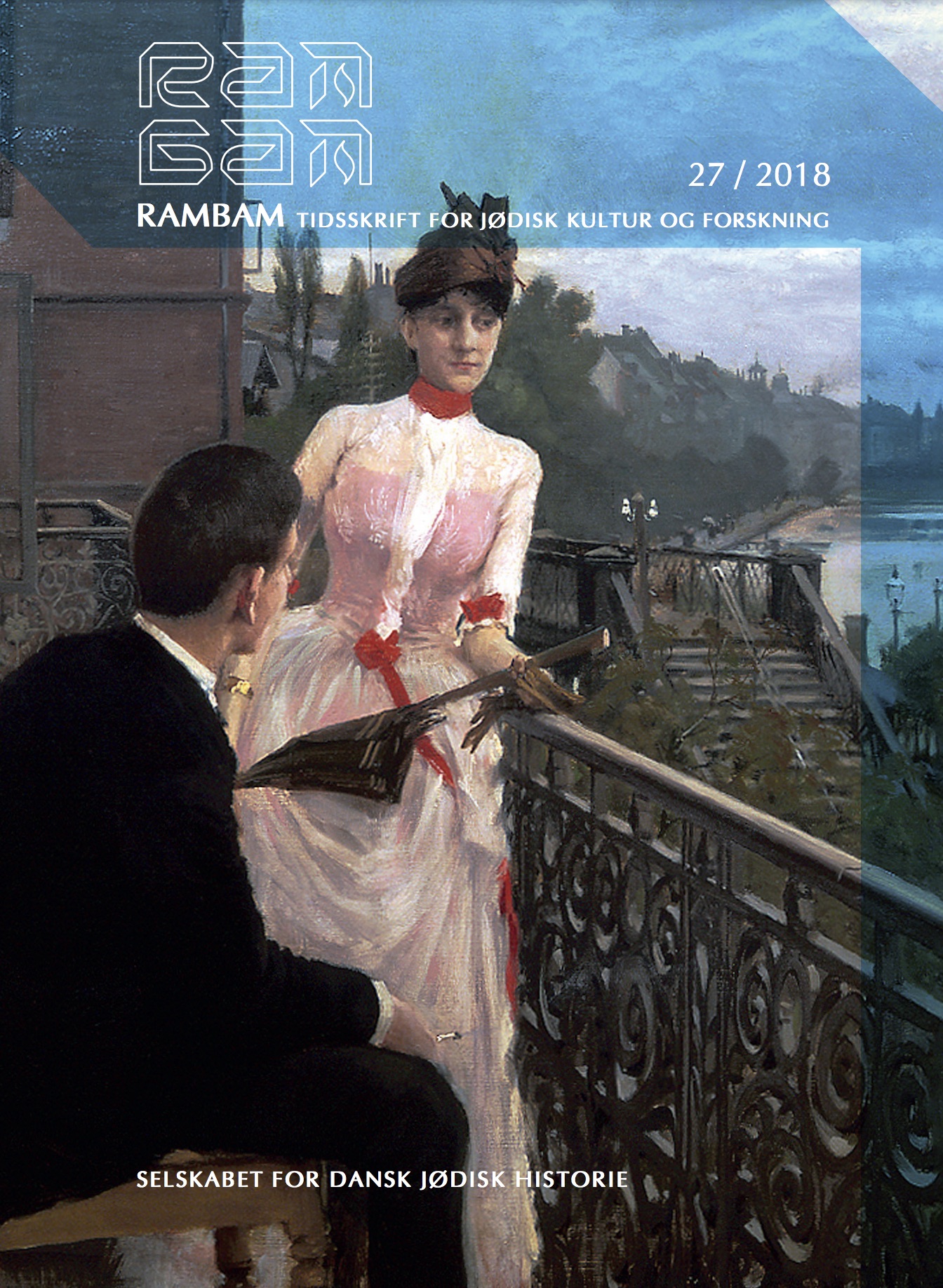Det er Hellas og Israel som Evropa skylder sin kultur - Georg Brandes og hans Athen kontra Jerusalem-fortolkninger
Resumé
The Danish-Jewish fin-de-siecle intellectual Georg Brandes (1842-1927) and his writings represent a distinctive archive in the intellectual history of the Athens vs. Jerusalem dichotomy. Thus, in his later writings, Brandes engaged in re-shaping the dichotomy so that Jerusalem denoted an indispensable part of Western civilization. At the same time, while Brandes accentuated the Jewish contributions to European civilization, he also emphasized that the relation between Athens and Jerusalem was juxtaposed. As he writes in Jobs Bog (The Book of Job) (1893), “It is Hellas and Israel to which Europe owes its culture.” By juxtaposing Athens and Jerusalem, Brandes goes against the typical representations of how the ancient Jewish civilization and the ancient Greek culture have influenced Western civilization and Christianity. Hence, since the Enlightenment period, central European thinkers and writers such as Immanuel Kant, G.W.F. Hegel and later Friedrich Nietzsche had in their depictions of the dichotomy portrayed the role of ancient Jewish civilization and religion as a “false start” for European civilization. In this article, I suggest that Brandes’ re-interpretations of the dichotomy particularly must be viewed as part of his reactions to the rise of modern anti-Semitism and nationalism since, during his later writings, Brandes experienced how the Athens vs. Jerusalem dichotomy was re-vitalized in the merging with racially focused anti-Semitism, also in a Danish cultural context.





